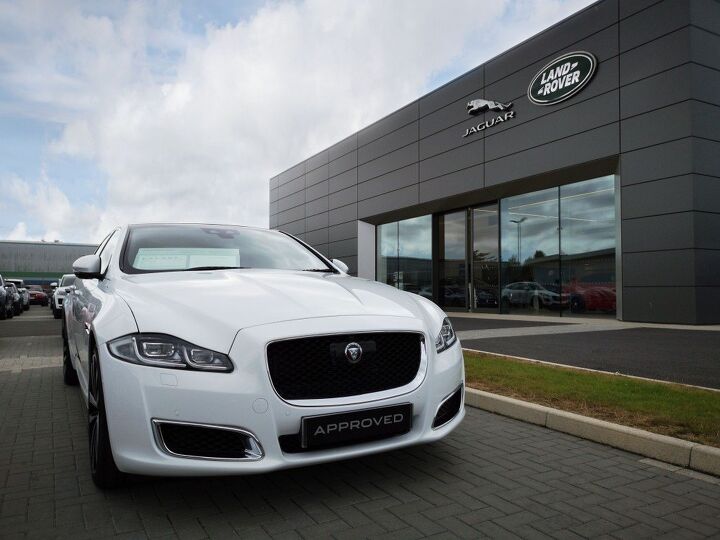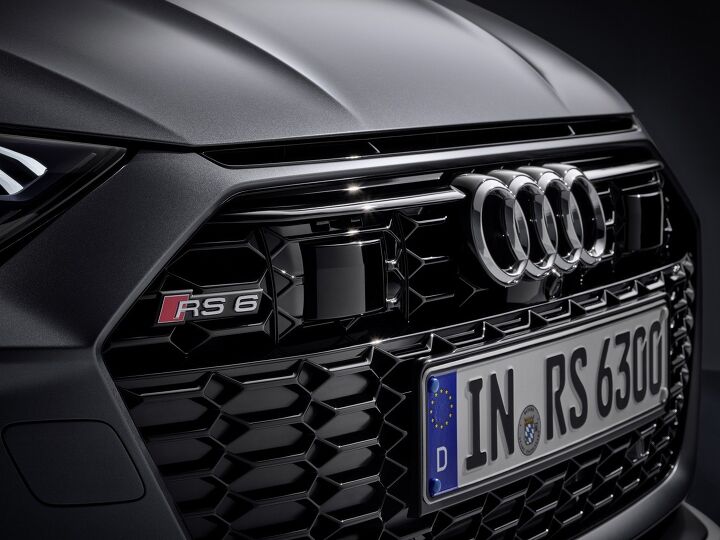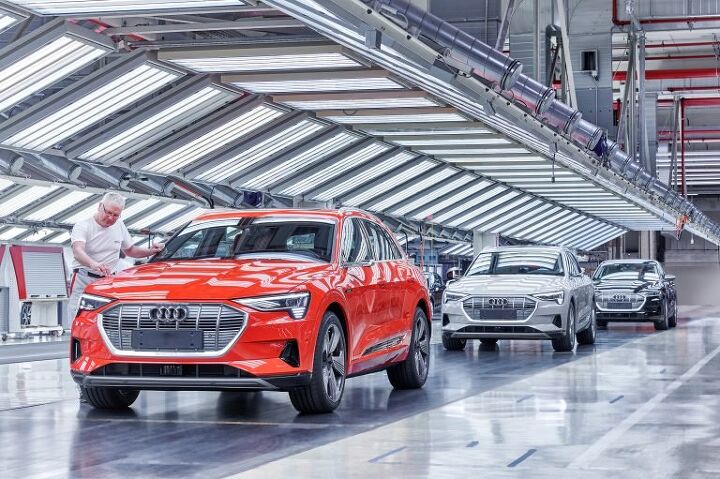#BramSchot
Jaguar Land Rover Goes Headhunting
Tata Motors has been hunting for a new CEO at Jaguar Land Rover (JLR), and new reports claim the search is narrowing in scope. At the start of 2020, the company announced that Ralf Speth would step down as chief executive in September, and that the quest for his replacement had begun — though it technically began in 2019.
We’ve since learned he will stick around as non-executive vice-chairman of JLR and supervise the transition of leadership, with details now emerging about his likely successor. It’s a clever way of keeping him around as he ages into retirement at 65 years, as per the parent company’s corporate policy.
According to the Financial Times, Tata has narrowed it down to three candidates. Internally, JLR seems as though it would like to promote its engineering lead, Nick Rogers. But former Audi CEO Bram Schot and BMW development boss Klaus Fröhlich are also under consideration, in addition to Fred Schulze — Audi’s product line manager at the Ingolstadt plant.
Audi Will Continue Pruning Its Product Portfolio
You might not have noticed but Audi has been quietly reducing the complexity of its lineup by eliminating certain content combinations, often in select markets. Here, the biggest change was the elimination of the manual gearbox for 2019. But Audi said it needed to be done due to there being an abysmally low take rate for besticked vehicles in North America.
Apparently, the automaker is just getting warmed up on tamping down the configurations. In an recent chat with Autocar, Audi CEO Bram Schot said there was plenty more work to be done. Having already reduced the number of model variants in certain regions by 27 percent, compared to last year’s options, the CEO said the manufacturer still wasn’t where it wanted to be.
Audi Relaunches Hydrogen Program; Industry's Battery Woes Intensify
While electric vehicles have improved by every metric, sourcing the raw materials necessary for their production hasn’t gotten any easier. In fact, with more mobile devices and EVs on the market than ever before, automotive batteries are becoming harder to procure with any reliability. Volkswagen Group, which has been on a tear to promote electrification following its diesel emissions crisis, knows this better than anyone.
Audi’s all-electric E-Tron SUV experienced several delays after VW Group encountered trouble in sourcing batteries at a reasonable price. As the company continues endorsing EVs as an important part of its future, its rhetoric is beginning to soften — with the company now taking another look at hydrogen fuel cell technology.


















Recent Comments